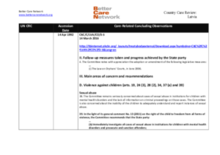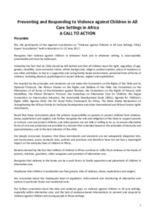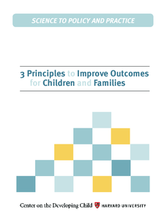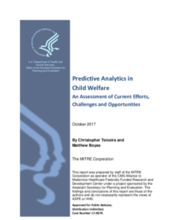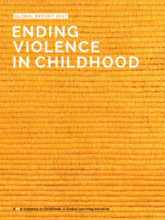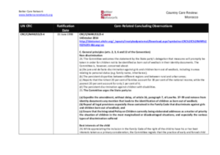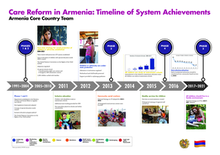Displaying 751 - 760 of 1798
This paper explores practical and ethical dilemmas for professionals when securing the protection of children in the complex non‐clinical setting of individual families.
This country care review includes the care-related Concluding Observations adopted by the Committee on the Rights of the Child.
Resulting from the June 2017 Africa Expert Consultation on Violence against Children in All Care Settings and adopted by all participants, this Declaration calls upon leaders at national, sub-regional, pan-African and global levels for further action to fulfill their obligation to protect children against violence in all care settings, with emphasis on alternative care.
This report from the the Center on the Developing Child at Harvard University in the United States argues that, to be maximally effective, policies and services should: (1) Support responsive relationships for children and adults, (2) Strengthen core life skills, and (3) Reduce sources of stress in the lives of children and families.
This report presents a case study on cross-border family law in Scotland in light of the UK's decision to leave the EU ("Brexit").
This document explores the state of the use of predictive analytics in child welfare by conducting an environmental scan of child welfare agencies, academia, nonprofit organizations, and for-profit vendors in the United States.
This document sheds some light on where funding discussions currently stand with regard to U.S. government programs for global children and youth issues.
The report compiles information from a series of global research papers commissioned by Know Violence, presenting the scale and scope of childhood violence globally. Examples of preventative efforts from governments, communities, and organizations are provided to illustrate the feasibility of preventing violence on local and national levels.
This country care review includes the care-related Concluding Observations adopted by the Committee on the Rights of the Child and the Committee on the Rights of Persons with Disabilities.
This infographic provides a historical timeline of the alternative care reform process in Armenia, marking key achievements in the establishment of policies, strategies, guidelines, procedures, and programs to improve the quality of care and protection for children without adequate family care.

